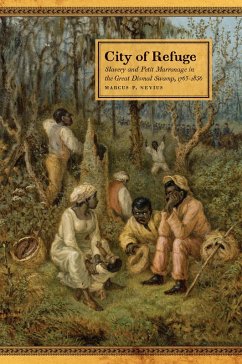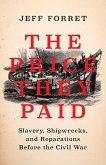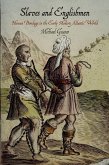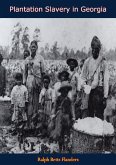City of Refuge is a story of petit marronage, an informal slave's economy, and the construction of internal improvements in the Great Dismal Swamp of Virginia and North Carolina. The vast wetland was tough terrain that most white Virginians and North Carolinians considered uninhabitable. Perceived desolation notwithstanding, black slaves fled into the swamp's remote sectors and engaged in petit marronage, a type of escape and fugitivity prevalent throughout the Atlantic world. An alternative to the dangers of flight by way of the Underground Railroad, maroon communities often neighbored slave-labor camps, the latter located on the swamp's periphery and operated by the Dismal Swamp Land Company and other companies that employed slave labor to facilitate the extraction of the Dismal's natural resources. Often with the tacit acceptance of white company agents, company slaves engaged in various exchanges of goods and provisions with maroons-networks that padded company accounts even as they helped to sustain maroon colonies and communities.
In his examination of life, commerce, and social activity in the Great Dismal Swamp, Marcus P. Nevius engages the historiographies of slave resistance and abolitionism in the early American republic. City of Refuge uses a wide variety of primary sources-including runaway advertisements; planters' and merchants' records, inventories, letterbooks, and correspondence; abolitionist pamphlets and broadsides; county free black registries; and the records and inventories of private companies-to examine how American maroons, enslaved canal laborers, white company agents, and commission merchants shaped, and were shaped by, race and slavery in an important region in the history of the late Atlantic world.
In his examination of life, commerce, and social activity in the Great Dismal Swamp, Marcus P. Nevius engages the historiographies of slave resistance and abolitionism in the early American republic. City of Refuge uses a wide variety of primary sources-including runaway advertisements; planters' and merchants' records, inventories, letterbooks, and correspondence; abolitionist pamphlets and broadsides; county free black registries; and the records and inventories of private companies-to examine how American maroons, enslaved canal laborers, white company agents, and commission merchants shaped, and were shaped by, race and slavery in an important region in the history of the late Atlantic world.
Dieser Download kann aus rechtlichen Gründen nur mit Rechnungsadresse in A, D ausgeliefert werden.









